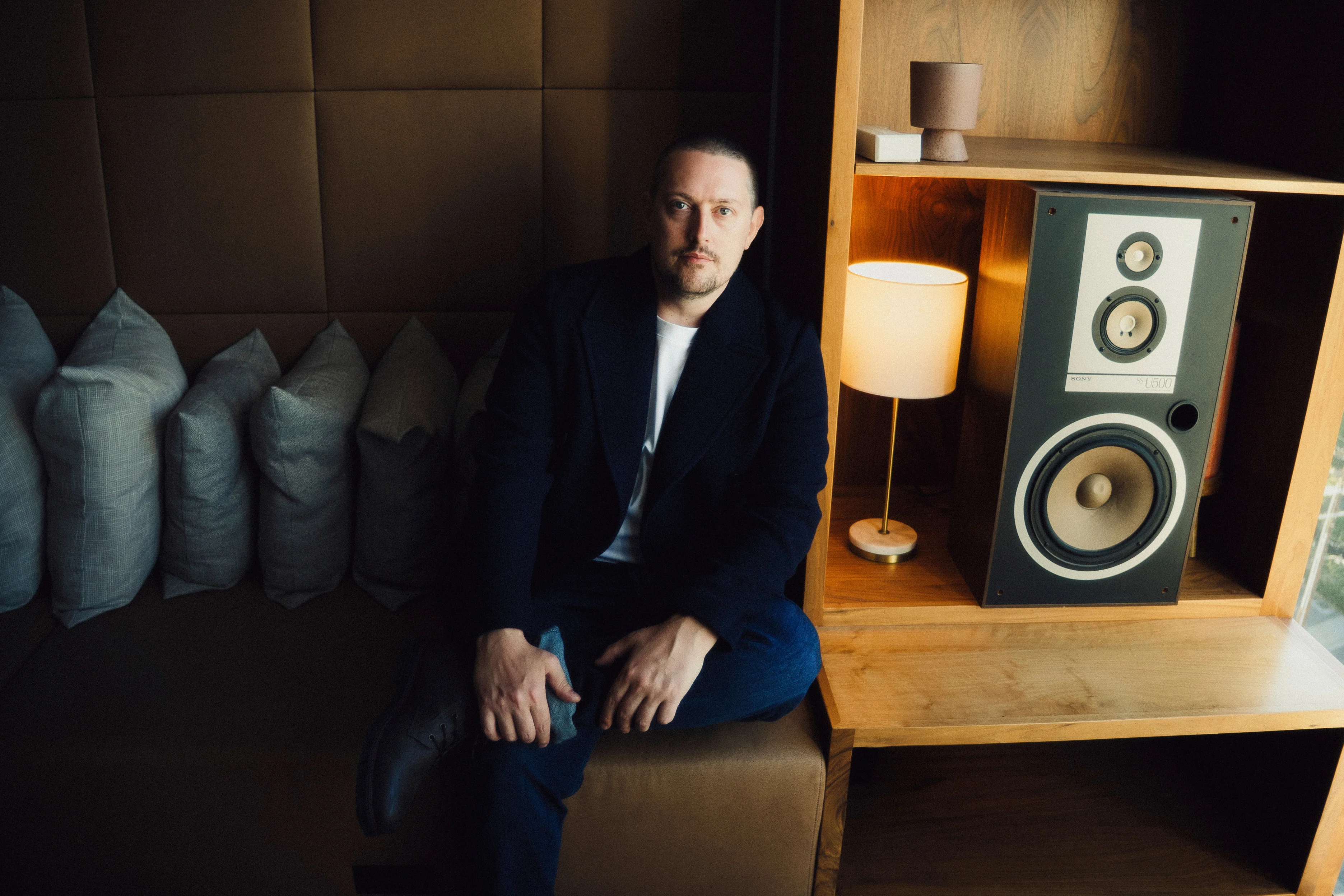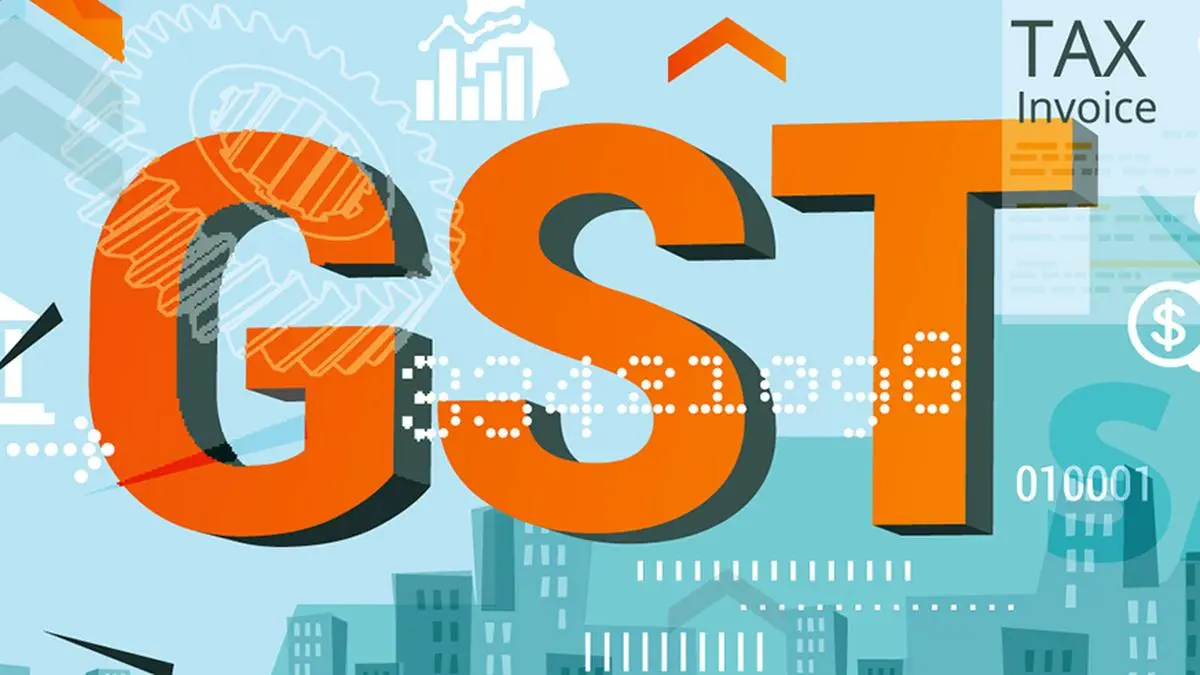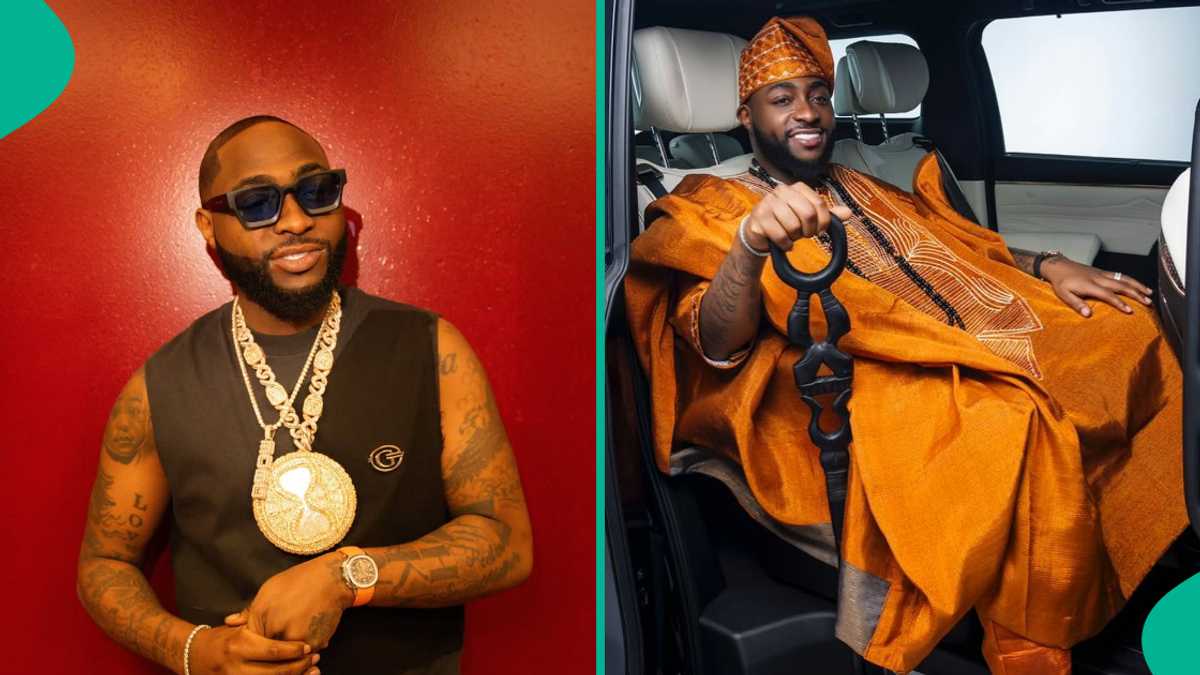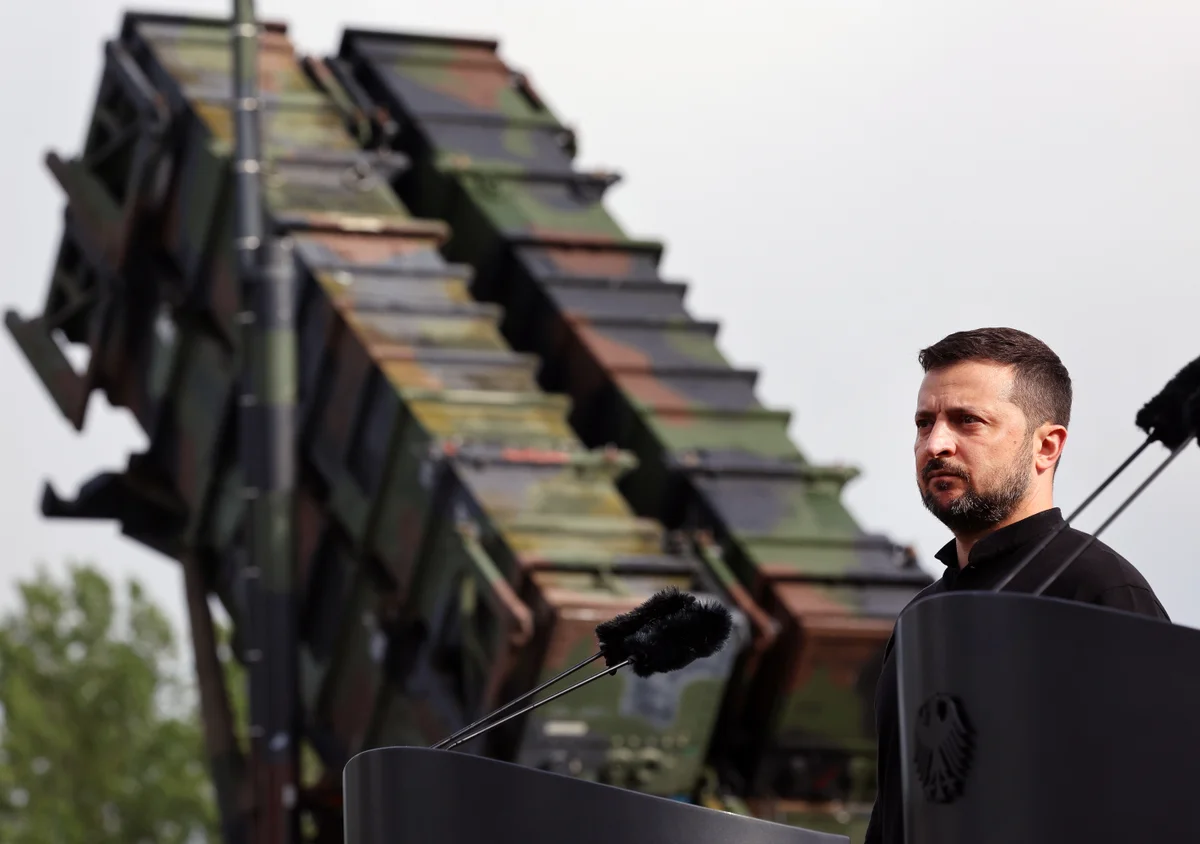By Associated Press
Copyright scmp

When pop groups and rock bands practise or perform, they rely on their guitars, keyboards and drumsticks to make music. Oliver McCann, a British AI music creator with the stage name imoliver, fires up his chatbot.
McCann’s songs span genres from indie pop to electro soul and country rap. There is just one crucial difference between McCann and traditional musicians.
“I have no musical talent at all,” he says. “I can’t sing, I can’t play instruments and I have no musical background at all.”
McCann, 37, who has a background as a visual designer, started experimenting with AI to see if it could boost his creativity and “bring some of my lyrics to life”.
Last month, he signed with independent record label Hallwood Media after one of his tracks racked up 3 million streams, apparently the first time a music label has signed a contract with an AI music creator.
McCann is an example of how ChatGPT-style AI song generation tools like Suno and Udio have spawned a wave of synthetic music – a movement most notably highlighted by a fictitious group, Velvet Sundown, that went viral even though all its songs, lyrics and album art were created by AI.
It fuelled debate about AI’s role in music while raising fears about “AI slop” – mass-produced low-quality content. It also cast a spotlight on AI song generators that are democratising song-making but threaten to disrupt the music industry.
Experts say generative AI is set to transform the music world. However, there are scant details so far on how it is affecting the US$29.6 billion global recorded music market, which includes about US$20 billion from streaming.
The most reliable figures come from music streaming service Deezer, which estimated this month that 28 per cent of songs uploaded to its platform every day are purely AI-generated, up from 18 per cent in April.
However, these songs only account for a tiny amount of total streams. Other, bigger streaming platforms like Spotify have not released any figures on AI music.
Udio declined to comment on how many users it has and how many songs it has generated. Suno did not respond to a request for comment. Both have free basic levels as well as pro and premium tiers that come with access to more advanced AI models.
“It’s a total boom. It’s a tsunami,” says Josh Antonuccio, director of Ohio University’s School of Media Arts and Studies.
The amount of AI-generated music “is just going to only exponentially increase” as young people grow up with AI and become more comfortable with it, he said.
Yet generative AI, with its ability to spit out seemingly unique content, has divided the music world, with musicians and industry groups complaining that recorded works are being exploited to train AI models that power song-generation tools.
Record labels are trying to fend off the threat that AI music start-ups pose to their revenue streams even as they hope to tap into it for new earnings, while recording artists worry that it will devalue their creativity.
Three major record companies – Sony Music Entertainment, Universal Music Group and Warner Records – filed lawsuits last year against Suno and Udio for copyright infringement.
In June, the two sides also reportedly entered negotiations that could go beyond settling the lawsuits and set rules for how artists are paid when AI is used to remix their songs.
More than 1,000 musicians, including Kate Bush, Annie Lennox and Damon Albarn, released a silent album to protest proposed changes to UK laws on AI they fear would erode their creative control. Meanwhile, other artists, such as will.i.am, Timbaland and Imogen Heap, have embraced the technology.
Some users say the debate is just a rehash of old arguments about once-new technology that eventually became widely used, such as Auto-Tune, drum machines and synthesisers.
People complain “that you’re using a computer to do all the work for you. I don’t see it that way. I see it as any other tool that we have,” says Scott Smith, whose AI band, Pulse Empire, was inspired by 1980s British synthesiser-driven groups like New Order and Depeche Mode.
“Music producers have lots of tools in their arsenal” to enhance recordings that listeners are not aware of, says Smith.
Like McCann, Smith never mastered a musical instrument. Both say they put lots of time and effort into crafting their music.
Once Smith gets inspiration, it takes him just 10 minutes to write the lyrics. Then he will spend eight to nine hours generating different versions until the song matches his vision.
McCann will often create up to 100 different versions of a song by prompting and reprompting the AI system before he is satisfied.
AI song generators can churn out lyrics as well as music, but many experienced users prefer to write their own words.
“AI lyrics tend to come out quite cliché and quite boring,” McCann said.
Lukas Rams, a US resident who makes songs for his AI band Sleeping With Wolves, said AI lyrics tend to be “extra corny” and not as creative as a human, but can help get the writing process started.
“It’ll do very basic rhyme schemes, and it’ll keep repeating the same structure,” says Rams, who writes his own words.
“And then you’ll get words in there that are very telling of AI-generated lyrics, like ‘neon’ [and] anything with ‘shadows’.”



